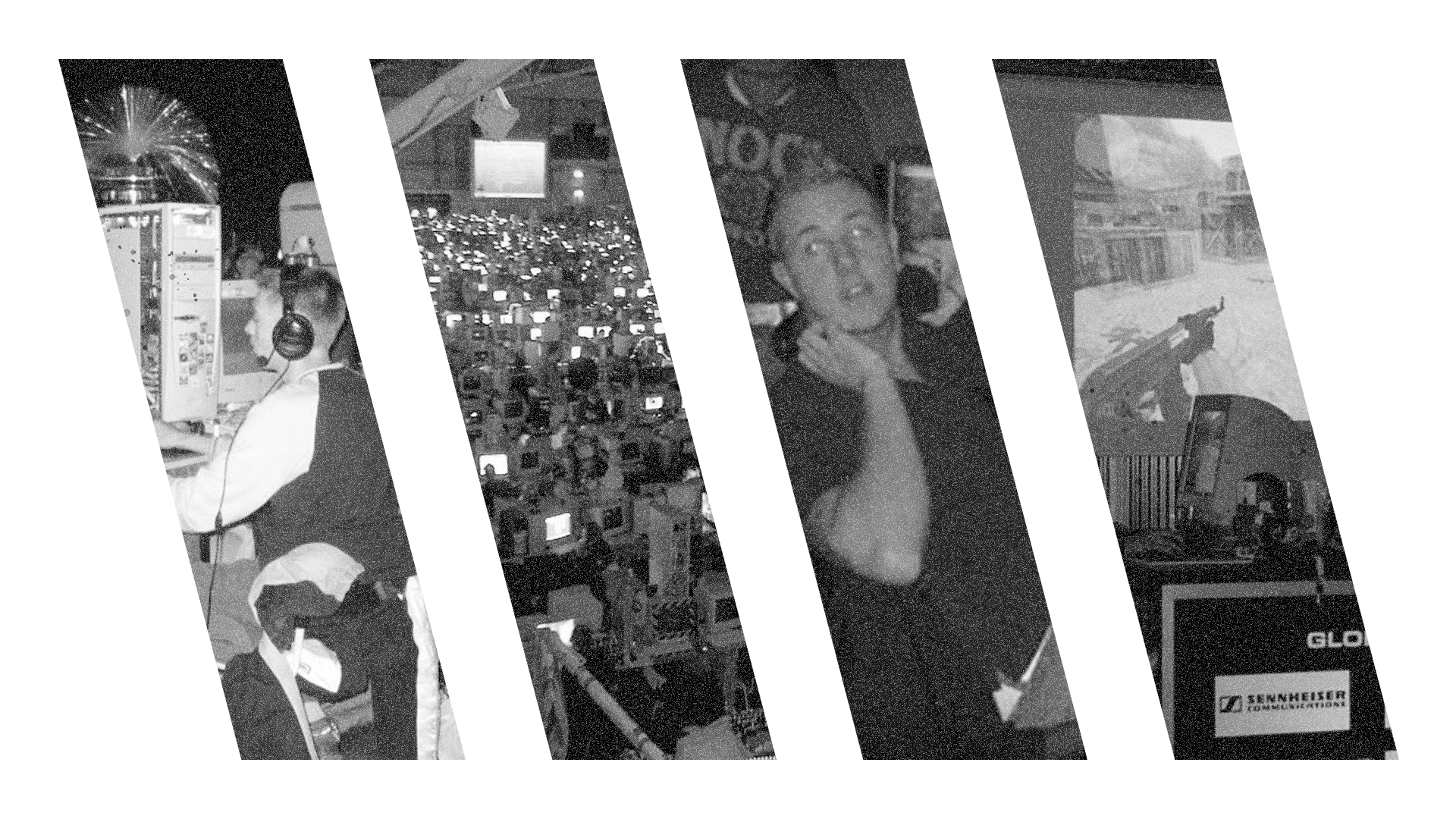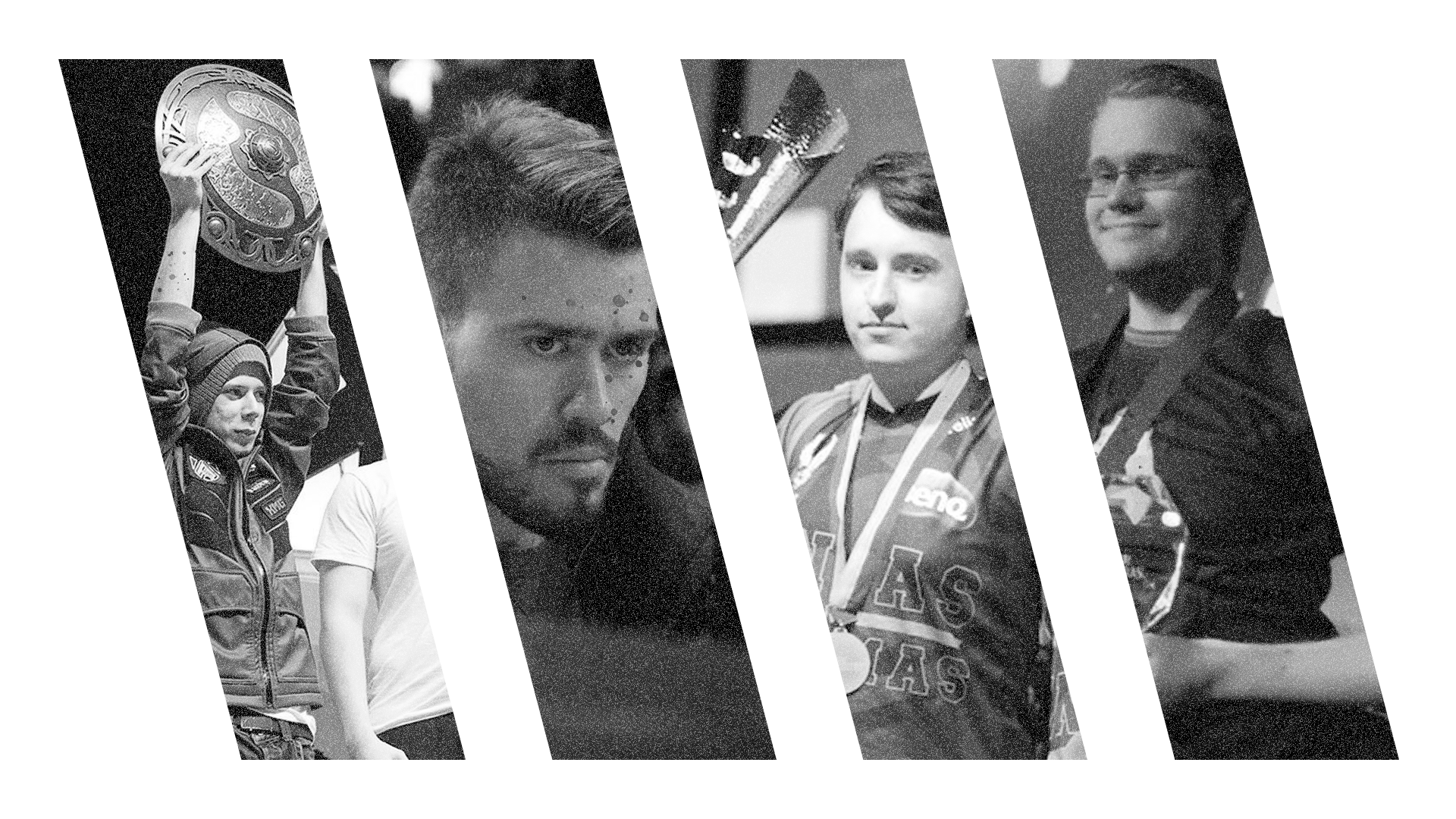The Return of Swedish Esports?
This weekend, it was announced that the Swedish National Sports Association (Riksidrottsförbundet) voted to officially include the Swedish Esports Association (Svenska E-sportsförbundet) in its list of associations.
This may not sound very significant without context. From an outside perspective, due to Sweden’s rich history and connections to competition in games, one could be led to believe that the country and its government support esports to the full extent. While it is true that Sweden has left a big footprint on esports in many ways (events, teams, players, games, companies, services, etc.), Sweden has never actually recognized esports on a government level.
People who reside in more capitalist societies than Sweden could respond with ‘Why does it matter?’, however in a socialist country like Sweden, this means a lot. Let me give you an extremely brief historic summary, then what the change means in practice before I give my take on it, and finally my hopes for this change.
The Background
In the late 90s, the Swedish government recognized the strength of the internet and digitalization. With this, a lot of focus was put on building the internet infrastructure, as well as allowing the anyone to take a part of their salary to get a home computer at a discount - basically to ensure that as many people as possible would convert to a more digital way of life. Now you add this to a country that has quite a high ratio of recognized creatives and competitors in various fields, in a place in the world where most of the year is spent inside to hide from cold and darkness. While overly simplified, I don’t think it’s hard to imagine with these conditions that there are grounds for success in the 2000s that led to the country creating globally successful game companies (Grin, Avalanche, Dice, Paradox), as well as legendary esports teams (Ninjas in Pyjamas, Alliance, Lemondogs) and events (Dreamhack) which are still cherished today.
Since then Sweden have seen their fair share of success stories as well as failures throughout the years. While it has produced sometimes amazing results, one reality that has been harder to escape from, is that Sweden’s role and overall rank in esports on a global scale has declined severely in the last decade. Only 10 years prior, Swedish players dominated in Dota, Starcraft 2, and CSGO, with players in the top ranks in pretty much all other games. One could argue that it’s the rest of the world catching up, but another way to look at it is, why hasn’t Sweden continued to dominate in esports?
As one legendary esports caster once said “When ahead, get more ahead”, so why didn’t Sweden do just that?
The Issue
Remember the part about the government helping people to have a more digital life? While that is true, the Swedish government was also not too keen to then later recognize the fruits of their labor. As strong as the vision and push to put Sweden at the forefront of IT has been, it has never been able to compete with the strong and conservative culture of ‘regular’ sports. So as esports started to gain grounds for legitimacy across the world, in a country like Sweden, esports was just never recognized or supported in any way.
There are two points that I want to add for context here before moving forward.
In Swedish, there are two words for “sports”. One being “sport” the other being “idrott”. The first one is a word that leans more toward referring to general competitive activity, while the other carries a heavier element of physical activity. A simple example is that most Swedes would agree that curling or chess could be categorized as a “sport”, but not an “idrott”, whereas an “idrott” would be things more akin to hockey, football, etc.
While esports as a concept has not been recognized, Sweden still has a strong support system for emerging companies. Venture capitalism has led to some of the more successful stories in Sweden where companies have gotten their initial support boost to break through to a global audience.
Now we arrive at one of the main problems, in English, the National Sports Association is in Swedish called ‘Riksidrottsförbundet’. It sounds like a small problem, but this organization is the one that holds the key to unlocking support from the government for initiatives and projects, and it’s the organization that has helped in creating a strong culture around sports in the country. Due to the definitition of the word, and how the association is structured, this has led them to consistently exclude esports at every point. This has been super disappointing for Swedes into esports, as there are no real alternative. Personally, it’s not unrealistic to consider that they are one of the reasons why Sweden has had world-class level stars produced in sports like football, hockey, or tennis. Every city to a small town out in the forest has its own sports organization. Even my own hometown Ösmo, consisting of 20,000 people had teams in several sports categories with it being the main form of community for a lot of people living there.
Without national recognition, the esports organizations in Sweden have come and gone with only a few surviving for very long. Most of them have been funded by venture capitalist investments or sponsorships by mostly gambling companies. This has meant that the wheel of growth in esports in the country has basically just been spinning in place since we peaked 10 years ago. Teams, services, and broadcast productions, have desperately been trying to figure out ways to fund themselves throughout, but almost all of them have failed to do so at some point.
The association has put the Swedish Esports Association up for a vote of inclusion to its body several times and every time it has been denied - up until today.
The Challenge
All right, enough babbling about Sweden history. What does it mean now that esports has been recognized? Here are some of my predictions:
Events and esports organizations will be able to join the association a member organization and apply for funding support for their initiatives.
Organizations who join the association as a member should put some requirements on in terms of quality which may lead to less toxic and unstable companies.
The National Sports Association is a non-profit organization which should help in making a stable foundation for esports overall and avoid relying on venture capital.
The National Sports Association is a respected and influential group on a national level, which can help transform how esports is treated in Sweden at large.
If this initiative is successful, it’s not unlikely to see old sports organizations joining in on esports at some point similar to France and Spain.
Dispite its somewhat declining rank, Sweden is still regarded as a leader in esports. This recognition could have a ripple effect and moviate associations in other countries.
So everything is all fine and dandy right? Well, with change comes challenges, and some of those challenges will be pretty difficult to undertake. Again some predictions:
It’s up to the people to join the association and actively partake in it to grow and fund it. With venture capitalism rampant in esports, will people choose the long-term path, or continue to spin the wheels for a quick cash out?
Getting businesses, schools and sports organizations in on the esports action can significantly grow the foundation of it, but Sweden isn’t exactly known to be speedy when it comes to these sectors on a large scale. How will the association be able to get all of these parties together for a unified cause?
Recognizing esports on this level is great, but what counts as an esport and what happens when an esport dies? Sure, some like to say that ‘Counter-Strike has been around for 20 years’, and sports ‘have player trends’ (post-pandemic padel anyone?), but just imagine; What if there’s a national league, for say League of Legends, and then Riot for some reason goes defunct and shuts down the game and servers which makes the game unplayable. Venture capitalist esports companies die every year, but what happens if you have a country with community leagues for kids in a small place like Ösmo - and suddenly the plug is pulled for everyone?
The Take
For anyone reading this, you might be asking yourself at this point, why you should even care what I have to say about this. To some degree, I’d agree with you that my lack of references on this page would probably make my game designer professor from Uni cry and shake his fist in the air.
I’m someone who’s been passionate about esports since I’ve been a kid. Like many others, it was what made me go from a very introverted kid to someone who wants to connect with others. I was someone who hated physical sports growing up, so it’s something that carries a deeply personal value for me. A major component that I love about esports is how it showcases a player’s mind, and expression, and in team games, how they can sync up with others to make stunning plays.
For me, I’ve always looked outside the fold when it comes to what games to play. I never really competed in Counter-Strike like the other kids, I instead weirdly tried to become the best in Team Fortress 2. When my friends started playing Call of Duty, I would instead watch the Starcraft broadcasts from South Korea. So for me, and especially post-pandemic, I’ve been extremely bored of esports in Sweden as it has centered around the games which have succeeded in either venture capitalism or gambling (CSGO), exist only as an extension or illusion of real sports (FIFA, eSHL) or scenes heavily funded by game developers to create a local interest (R6, RL, LoL).
I spent years trying to support the smaller esports communities, which often aligned with fighting games, as they’ve always been more focused on community and prestige rather than money and the big stages. I’ve competed in countless smaller esports games and organized tournaments in games ARMS, Lethal League Blaze, Mario Tennis, with the main goal to bring people together to compete and have fun.
I don’t think the association will magically create a world where my type of games will be valued more, but I hope that the type of communities I’ve found in these games is something I can see more of in the mainstream esports titles. In a perfect world, I would prefer if esports wasn’t always about the prize pools and sponsors, but instead about the players and their community. This goes for companies too. I value the time that I worked in esports, but if recognizing esports at a national level will give hyper-capitalist esports services less of an important role in this, then I’m all for it.
There have been some good times were I’ve been able to either compete or commentate esports in various titles! Right now I’m currently looking for a job within marketing in games and esports however. If you’re looking to hire, check out my LinkedIn profile, or go to my about page for more info!





